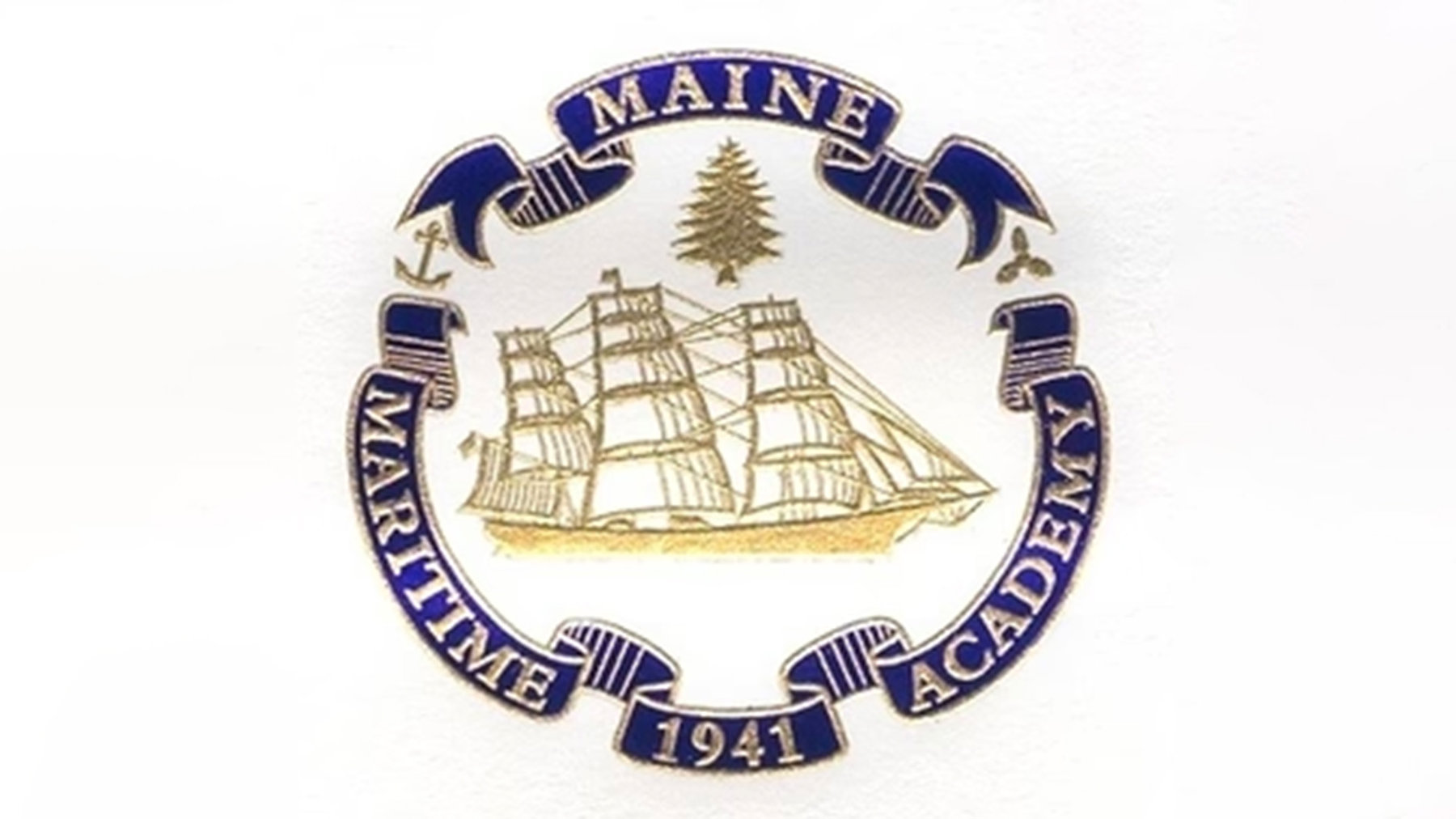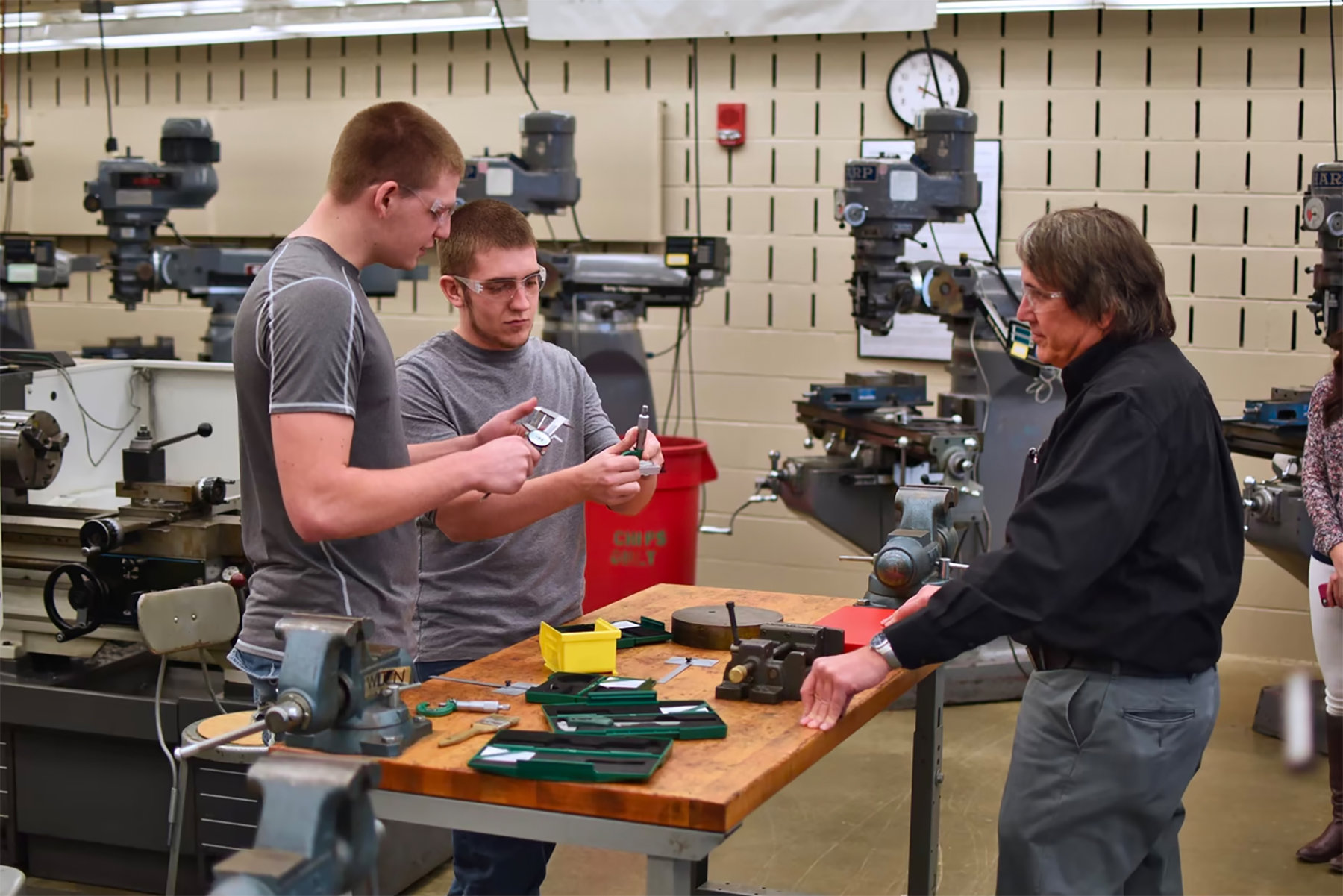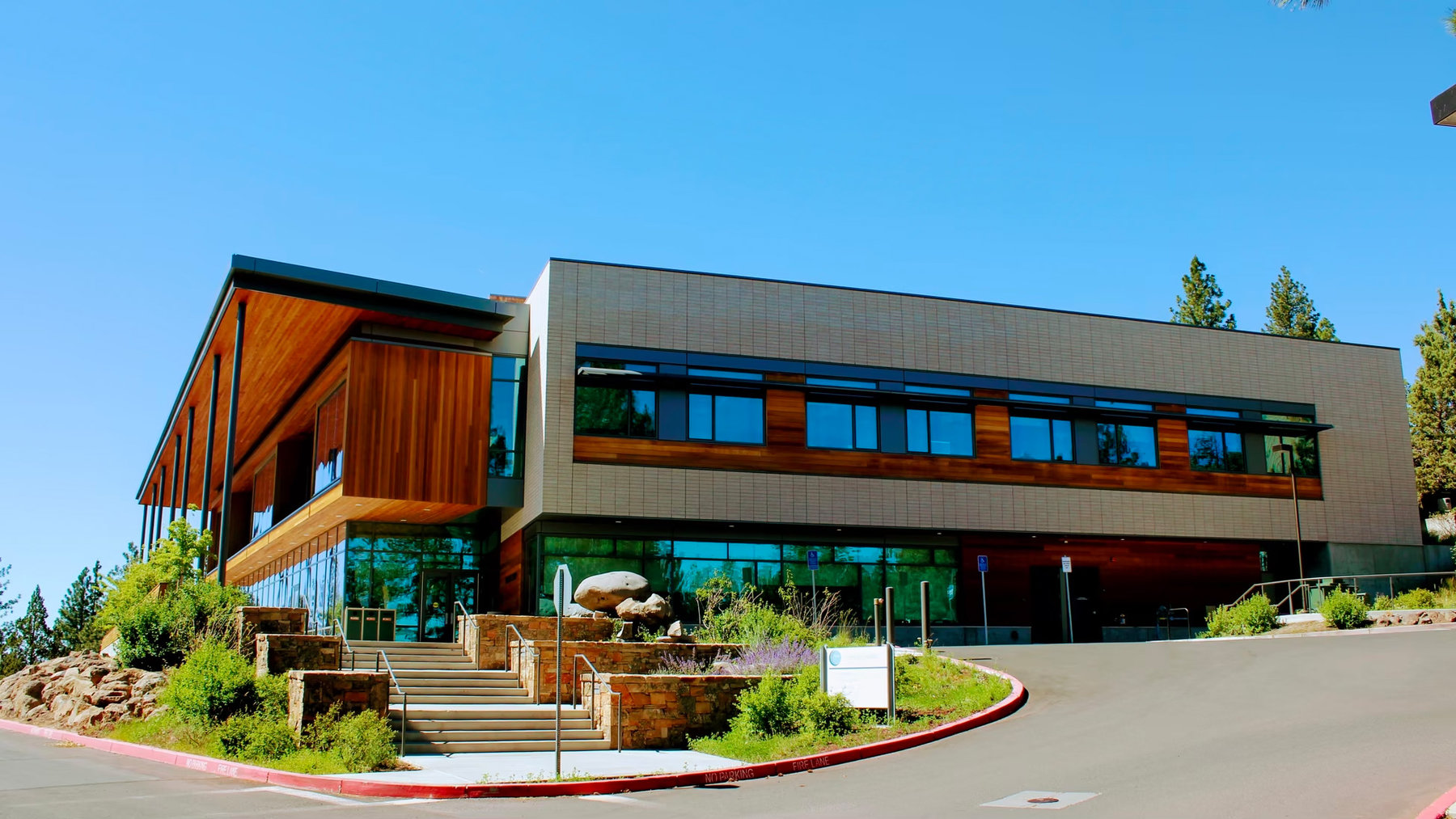Two days ago I mentioned the welcome news that the Maine Maritime Academy, which John Tierney had written about extensively as part of our ongoing American Futures coverage, had been recognized yet again for providing very high career-earnings value to its students, at a low cost.
The context for this was our also-ongoing discussion of the importance of “career technical education,” once sneered-at under the title of “trade schools” or “vocational ed,” as one of the promising steps we’ve seen around the country with potential to offset at least some of the relentless pressure toward a polarized rich-and-poor society.
Now, a reader who once taught at another maritime academy writes in to say, “Hey, wait a minute.” His point, as you’ll see, is not that there is anything wrong with Maine Maritime itself but rather that the “value added” in higher salaries comes from legislatively protected earnings for merchant seamen.
There are some obvious comebacks to this case, most of which I’ll save for later installments. One I’ll mention now is: this is a demanding and potentially perilous field, as demonstrated long ago by John McPhee in “Looking for a Ship” and very recently by the El Faro tragedy, in which 5 MMA alumni were among the 33 mariners who were lost. And again, the reader’s complaint is not with the school but regulatory regimes more broadly. It is sort of like saying that medical training doesn’t “add value” to graduates’ earnings, since under different payment systems doctors would make less money.
More on these fronts later. For now, the reader’s response on Maine Maritime. He begins by noting that the 15 schools that got perfect 100 scores in a recent “value added” study included several maritime academies:
Looking over the list, all the maritime academies are represented. Since they all seem to get the top score of 100, there is nothing special about the Maine academy. [JF note: actually, at least two state-run maritime academies did not get a top score. Still, the reader’s point is that this type of school seems over-represented.]
I used to teach at the US Merchant Marine Academy in King’s Point, NY. It is true that students who graduated did get good jobs. But I think this is really an exceptional industry, one in which the Federal Government has acted in several ways to improve the earnings of it’s graduates.
Merchant Marine jobs are highly protected by the Jones Act from any foreign competition. Their college tuition and all expenses are covered by the government. [JF note: This is true at the US Merchant Marine Academy but not at Maine Maritime, whose students are responsible for their own tuition and costs.] The maritime jobs the students fill are highly unionized, and there is limited competition since only the graduates of the maritime academies are allowed to fill them by federal law. There are several laws which protect those jobs from automation. For example, all ships must take on a certified pilot when entering a harbor.
Frankly, my students [at USMMA] struck me as particularly unambitious. The school’s unwritten motto was “2.0 and go”. That is, the students just needed to eke out a C average to graduate, secure in the knowledge that there would be a decent-paying union job waiting for them at the back end. I did not see more value added at the school than at the several other schools I have taught at or attended.
The high income of these students upon graduation is the direct result of federal intervention and regulation on their behalf. If anything, it suggests that the solution to inequality might be from more federal intervention and regulation. Of course, the economy as a whole pays for this regulation. As a small example, the Jones act has helped destroy the economy of Puerto Rico. and forced shipment of oil by rail by making coastal transit so expensive.
I’ve asked our friends at Maine Maritime Academy, and other involved parties, for their reply.




